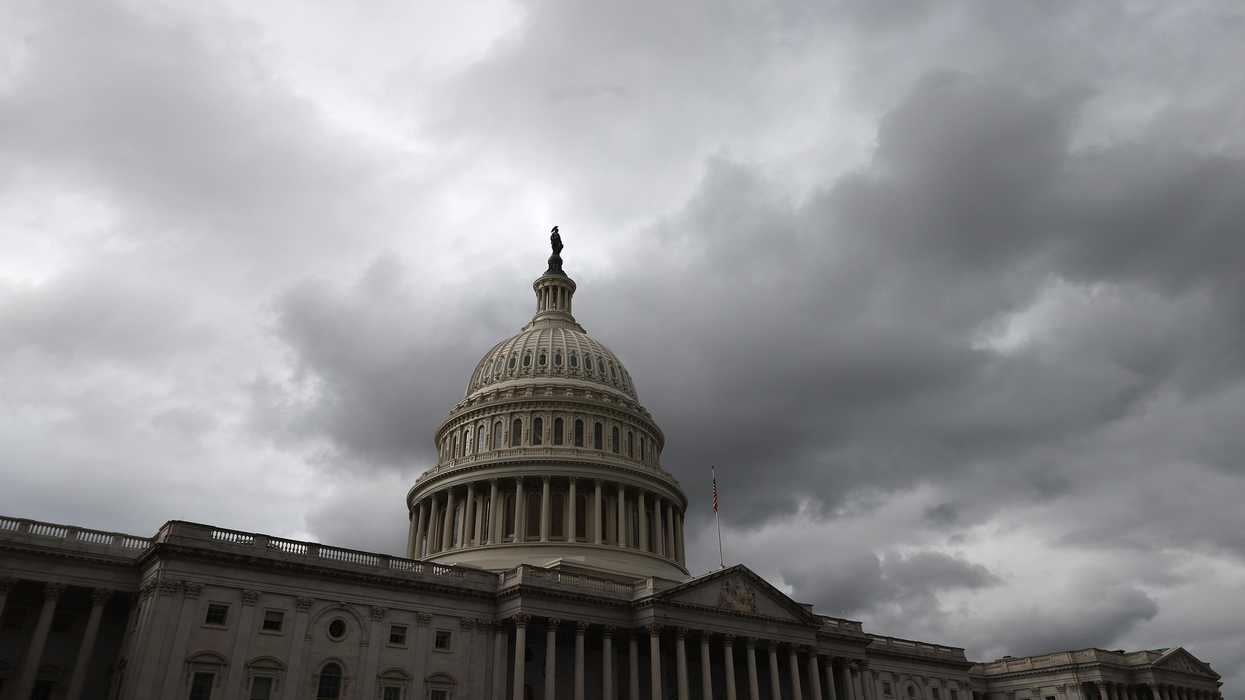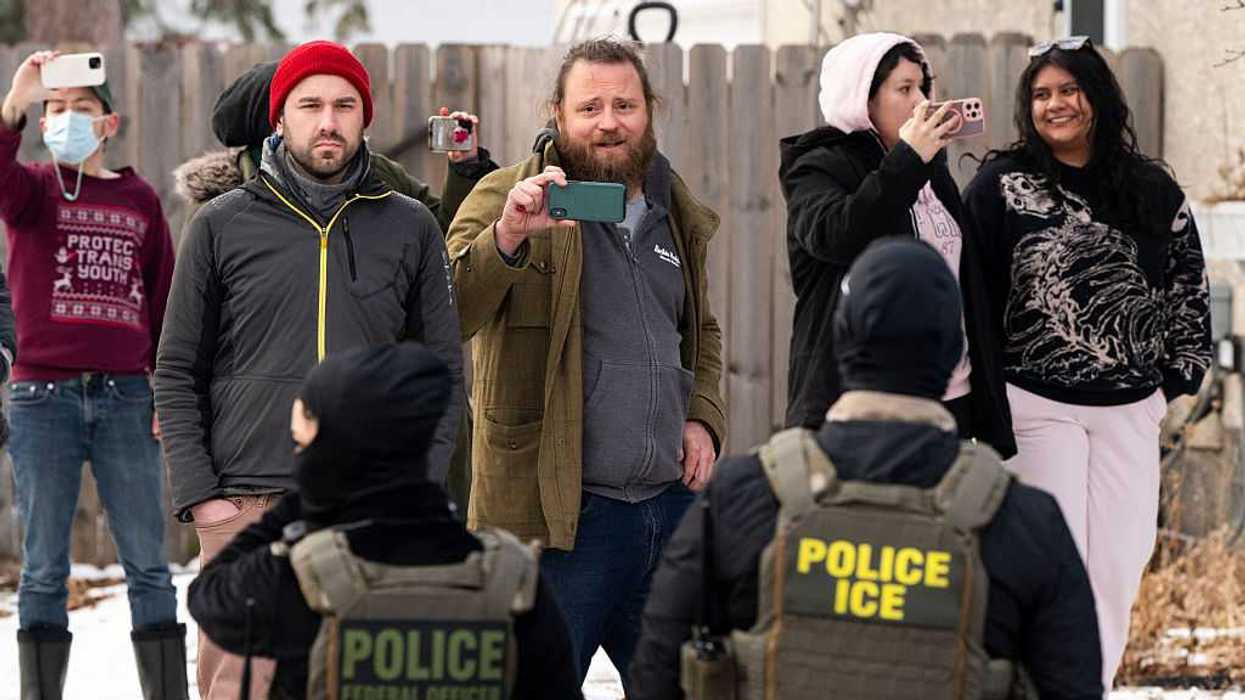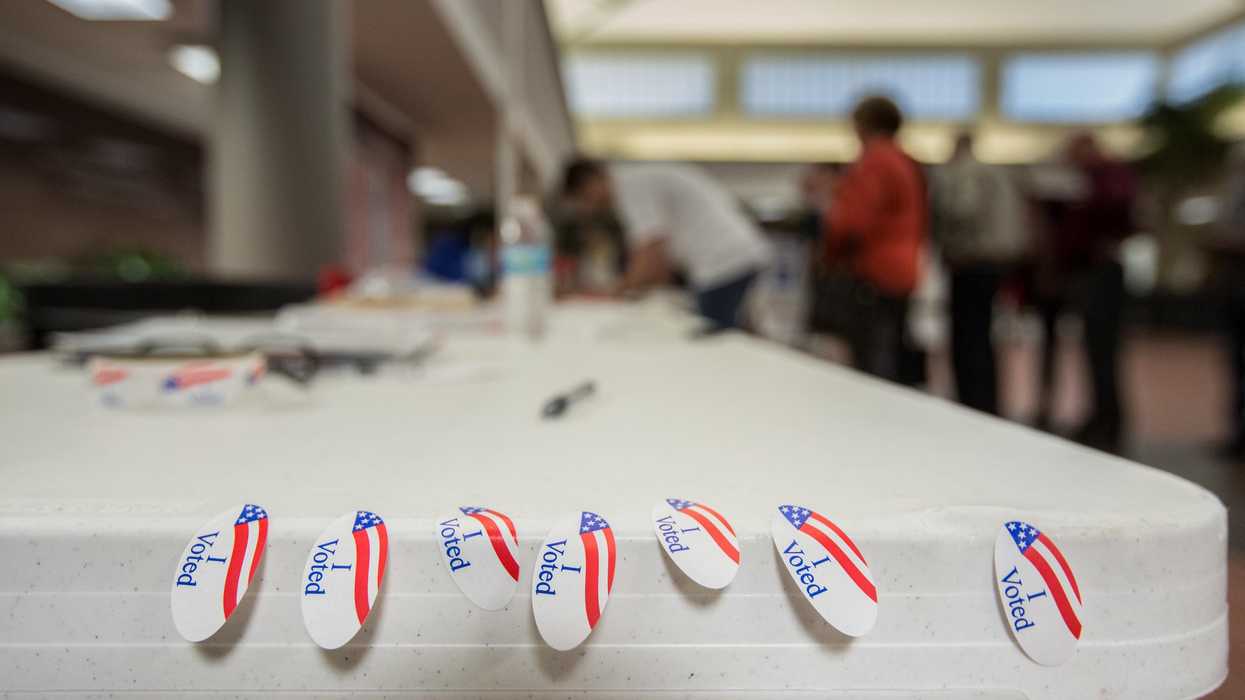Each year on June 27, National PTSD Awareness Day shines a light on post-traumatic stress disorder (PTSD), encouraging those affected to seek support. This observance was officially recognized by the U.S. Senate in 2010, following an initiative by Senator Kent Conrad to honor a North Dakota National Guard member who tragically took his own life after serving two tours in Iraq.
PTSD can develop after experiencing or witnessing traumatic events such as combat, assault, accidents, or natural disasters. Its symptoms—ranging from flashbacks and anxiety to mood swings and avoidance behaviors—can be deeply disruptive. PTSD Awareness Day is part of PTSD Awareness Month, which spans the entire month of June, promoting education, treatment options, and community support for those affected.
The Troubling Cuts to PTSD Care
Veterans who have bravely served our nation deserve comprehensive support in addressing PTSD symptoms. That is why recent funding reductions by the Department of Government Efficiency (DOGE) are especially concerning.
DOGE’s budget cuts have affected Veterans Affairs (VA) contracts, including critical services related to PTSD care. Initially, the VA planned to terminate 875 contracts, but after pushback from employees, the number was reduced to 585. Among the contracts canceled was one supporting the National Center for PTSD—a leading institution dedicated to research and education on post-traumatic stress disorder.
Further complicating matters, the VA is undergoing a major reorganization that includes cutting 80,000 jobs. While officials claim that mission-critical programs will remain intact, these reductions raise serious concerns about the future of veterans’ healthcare services, including PTSD treatment.
PTSD Awareness and Political Discourse
PTSD Awareness Day is not only a time to advocate for veterans' mental health but also an opportunity for all Americans to reflect on the emotional responses triggered by political division. Political debates can evoke strong emotions, particularly for individuals affected by trauma. Recognizing one's reactions—whether PTSD-related or not—can foster empathy and encourage more measured discussions.
Now more than ever we must reduce hostility in our national discourse…we must create spaces where individuals feel safe expressing their views without fear of personal attacks. This is especially vital for those who have experienced trauma, whether military related or not, as combative rhetoric can exacerbate stress responses.
That is why PTSD Awareness Week matters—not just as a campaign for mental health but as a movement toward patience and understanding in our conversations. When people acknowledge the impact of trauma, they are more likely to approach disagreements with compassion rather than aggression.
Five Ways to Promote Civility and Constructive Dialogue
- Promote Empathy in Political Conversations
- Recognizing how trauma affects communication fosters patience and understanding.
- Encourage discussions that acknowledge emotional responses without dismissing differing viewpoints.
- Use Personal Stories to Humanize Issues
- Sharing veterans' experiences with PTSD can bridge divides and create common ground.
- Highlighting real-life struggles can shift conversations from polarization to compassion.
- Encourage Mindful Dialogue Techniques
- Active listening and reflective responses prevent heated exchanges.
- Avoid reactionary rhetoric—instead, prioritize thoughtful engagement.
- Advocate for Trauma-Informed Policy Discussions
- Push for policies that strengthen mental health resources for veterans.
- Frame debates around solutions rather than blame, ensuring discussions remain constructive.
- Leverage Professional Platforms for Awareness
- Since you’re exploring LinkedIn for broader engagement, consider using it to share insights on PTSD and political discourse.
This week offers us the chance to reflect—not just on PTSD and veteran care but on the nature of our political conversations. The future of our nation depends on fostering empathy, understanding, and constructive dialogue.
David Nevins is co-publisher of The Fulcrum and co-founder and board chairman of the Bridge Alliance Education Fund.




















